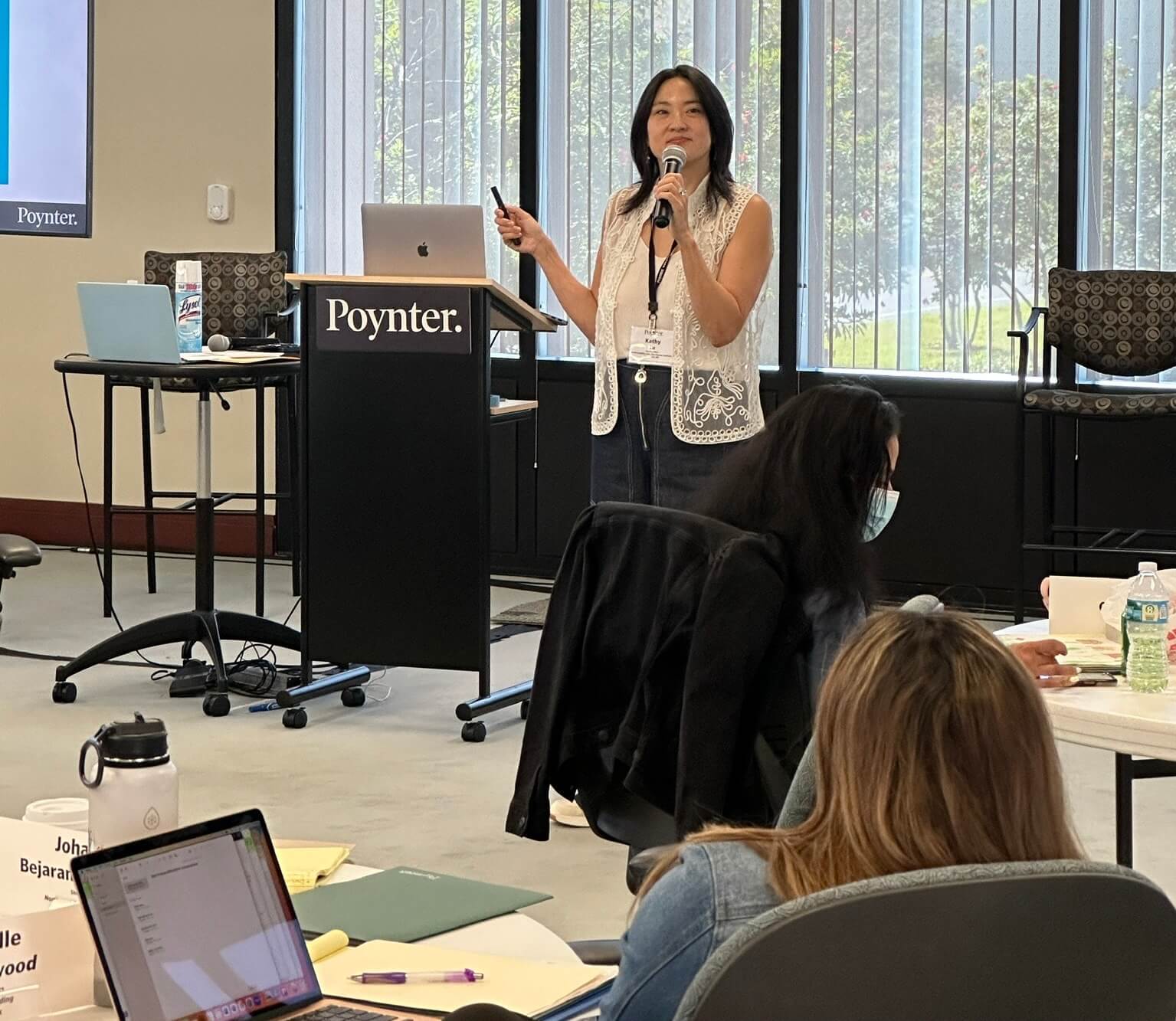When Shereen Marisol Meraji and Gene Demby went to Bluefield State College in Bluefield, West Virginia in 2013, they wrote longform stories about the country’s Whitest historically Black college, they produced a six-minute radio piece and they did a Reddit AMA.
But still, they had so much leftover reporting.
A podcast would have been the perfect next home for the stories and voices they found in Bluefield.
“If it was up to us, we would have done this three years ago,” Meraji said. “We would have launched with that story.”
Code Switch has long taken a multi-platform approach to storytelling, building audiences on radio, blogs and social media. And now that there’s more interest around topics they’re devoted to — race, ethnicity, identity and culture — than ever before, they’re joining the podcasting club.
“Code Switch” launches at the end of the month, taking advantage of a moment (OK, lots of moments) where the medium is evolving and spreading in popularity. Now, it feels like there’s both an appetite and an opportunity, Demby said.
“It feels like people are more open to hearing these kinds of stories now than they were three years ago,” Meraji agreed.
One goal already: Make the podcast more than just chatter.
A podcast about race could easily get didactic and preachy, Demby said.
“I think there’s a way we can illustrate stuff for ourselves and our audience in a way that doesn’t seem like we’re wagging our finger at them or having a seminar.”
Demby’s also a big fan of “This American Life,” and he hopes, at some point, that the podcast can play with different formats and not just feature he and Meraji talking. He’d like a space that would let radio reporters do what they do for 40 minutes and really tell a story.
“That’s what I’m most excited about as someone loves audio and audio storytelling,” Meraji agreed. “Why can’t we do that, too? Why do we only have to be this chatty, conversational thing? Why can’t we dig in?”
The Code Switch team includes Kat Chow, Adrian Florido, Karen Grigsby Bates, Alicia Montgomery and Tasneem Raja. With the podcast, they plan to continue the circle they create online and on air already. It will be a conversation that goes on and on, Meraji said, “it doesn’t have to be tied up with a ribbon. We can keep the conversation moving.”
Since Code Switch launched three years ago, the thing Demby keeps realizing about his beat is how much he doesn’t know. It’s historical. It’s personal. It’s cultural. They’re looking for a way to speak to all of those things, he said. And they’ll do it on Twitter chats, in blog posts, on the radio and, soon, through podcasting.
Like the team itself, what they cover and how they go about that, podcasting doesn’t have to be just one thing.







